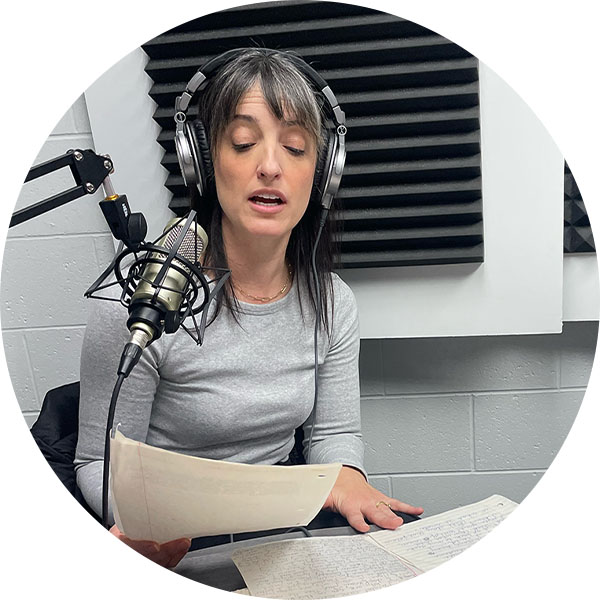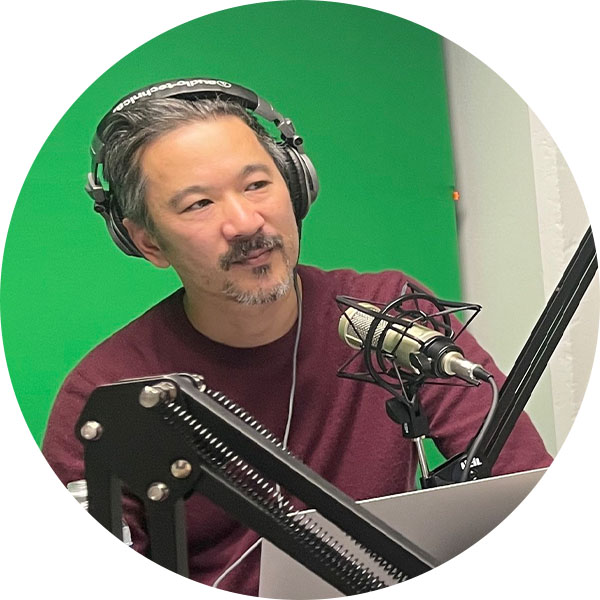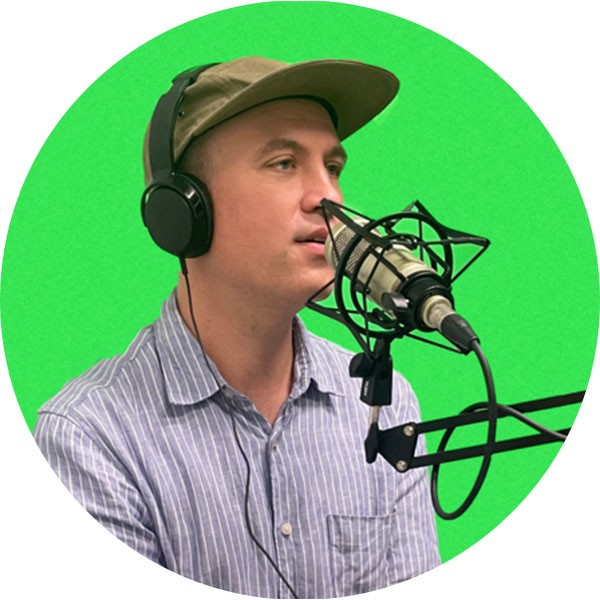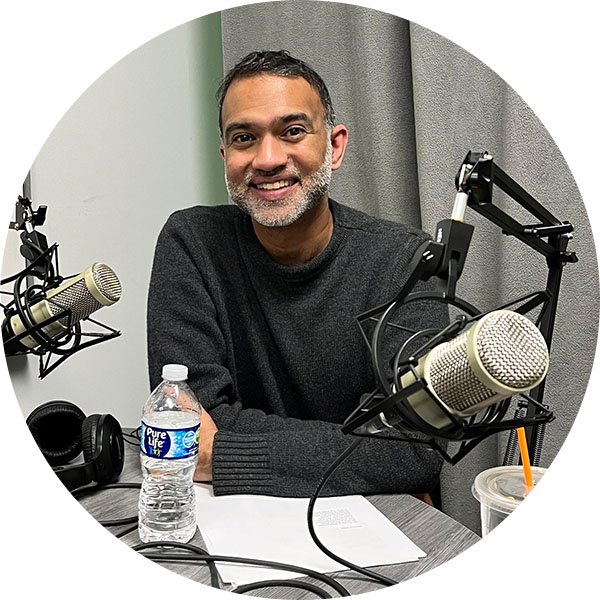IOWA Magazine | 10-16-2025
Iowa Writers Revisit Their Origin Stories in Sad Me of the Past Podcast
By Megan Magee
2 minute read
Acclaimed authors such as Rachel Yoder and Nam Le reflect on their early works in the Writing University series.
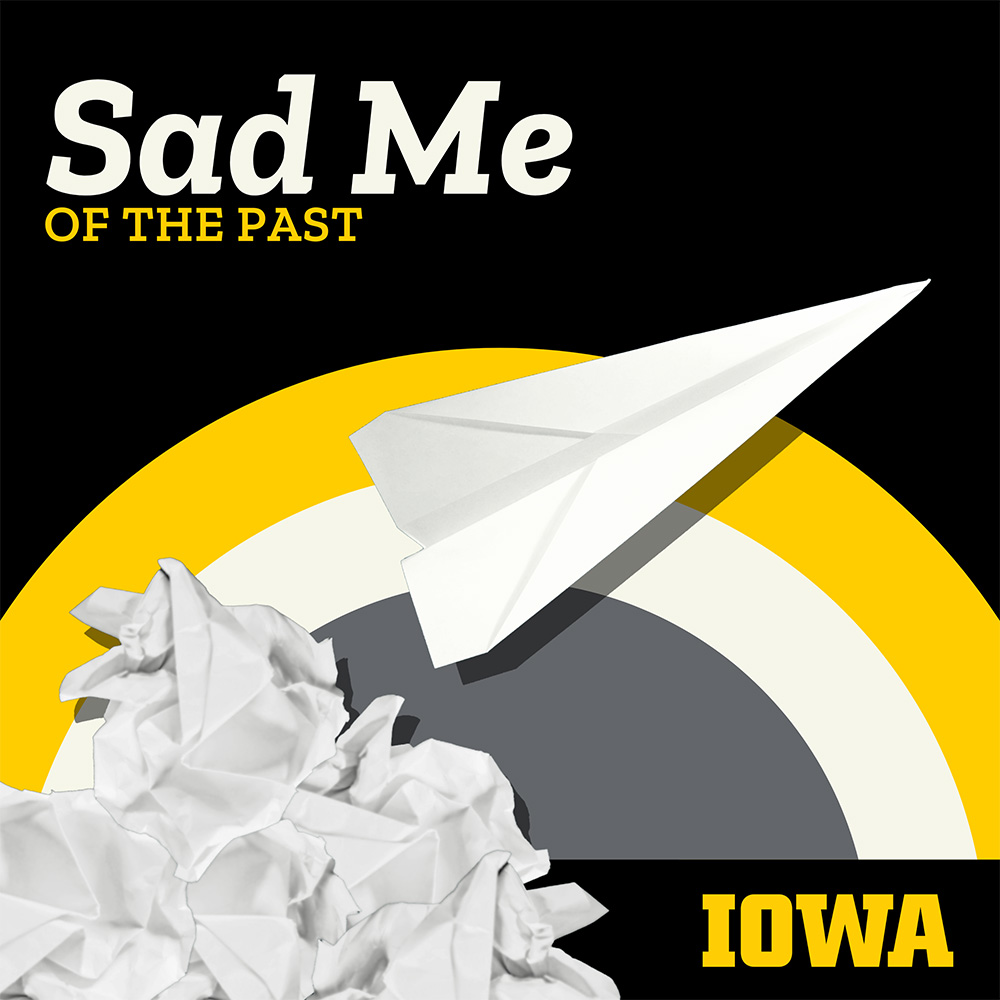
At the end of a book, have you ever wondered: Did this author always write well?
That’s the question at the heart of Sad Me of the Past, a podcast hosted by Daniel Khalastchi (05MFA), executive director of the new University of Iowa Office of Writing and Communication, Lauren Haldeman (01BA, 06MFA), Writing University webmaster, and Stephen Lovely (92MFA), director of the Iowa Young Writers’ Studio.
Each episode, UI-affiliated authors dust off their earliest writings—childhood stories, teenage poems, long-forgotten drafts—and read them aloud. The result is a poignant and often comical look at rough, unpolished work from some of today’s most successful writers.
Join our email list
Get the latest news and information for alumni, fans, and friends of the University of Iowa.
Join our email list
Get the latest news and information for alumni, fans, and friends of the University of Iowa.

